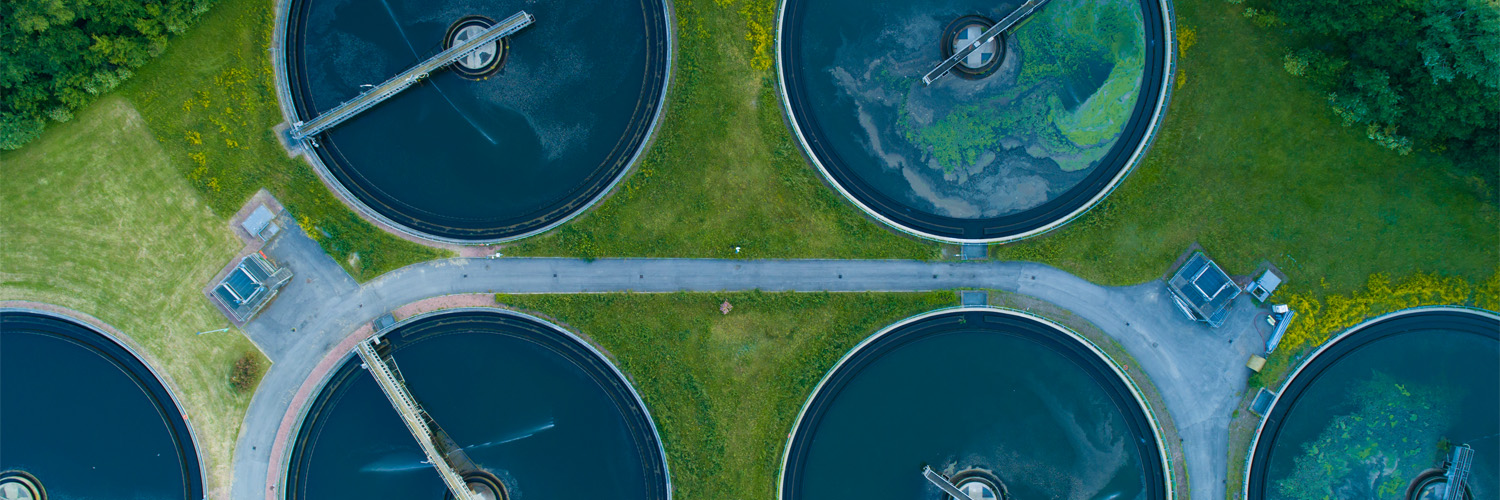The topic of sewage has been prolific in the UK for the last few months, following a controversial decision by the UK government to allow more wide spread unregulated sewage discharges into seas and rivers without contest.
The official justification by the EA referenced supply chain issues for treatment chemicals, caused by a combination of the COVID-19 pandemic and the exit of the UK from the EU. When the Environmental bill was returned to the House of Commons in October with the Wellington Amendment, which specifically outlined more responsibility on those companies treating the sewage to take all reasonable steps to ensure that raw sewage is not discharged from overflows, it was voted down. Unsurprisingly, this caused a widespread public outcry and has shone a light on how our wastewater companies operate and what actually happens regarding raw discharges into rivers.
The Environmental Audit committee has been attempting to introduce the environment bill for over a year. The committee is chaired by the Rt Hon Philip Dunne, who has spent time at Proteus Instruments this year to widen the committee’s knowledge of real-time monitoring solutions and how we can better protect our rivers and seas. The bill is returning to the House of Commons this week with the Wellington amendment and the committee, and public, are hoping for it to be finally ratified into law.
Increasing responsibility through legal entities can seem harsh to treatment companies who are forever constrained by tightening budgets however, change has to start somewhere. The bill also states that the government should release a plan by Sept 2022 on how to reduce harm caused by sewage discharges from SWOs. When it comes to cleaning up our rivers, responsibility is key and the current trend of passing blame around only serves to prevent progress; after all, only 14% of UK streams and rivers have attained a ‘good’ ecological status.
This is further exemplified in the recent trips undertaken by Rob with the Proteus attached to a kayak, the micro-pollution events can be just a harmful as the larger ones. As highlighted by Philip Dunne, the UK does have the technology for more intense monitoring both upstream and downstream of SWOs so all operators and governance bodies can have higher quality information into the impact of their discharges. Trying to improve water quality without first quantifying the impact is ill-advised. The scale of the problem has to be understood for an effective and sustainable solution to be reached. Here at Proteus Instruments, we will be keenly following updates in the coming weeks as, regardless of the outcome of this bill, the face of UK wastewater treatment is changing forever, thanks to this issue being pushed into public spotlight allowing more people to engage than ever before.



